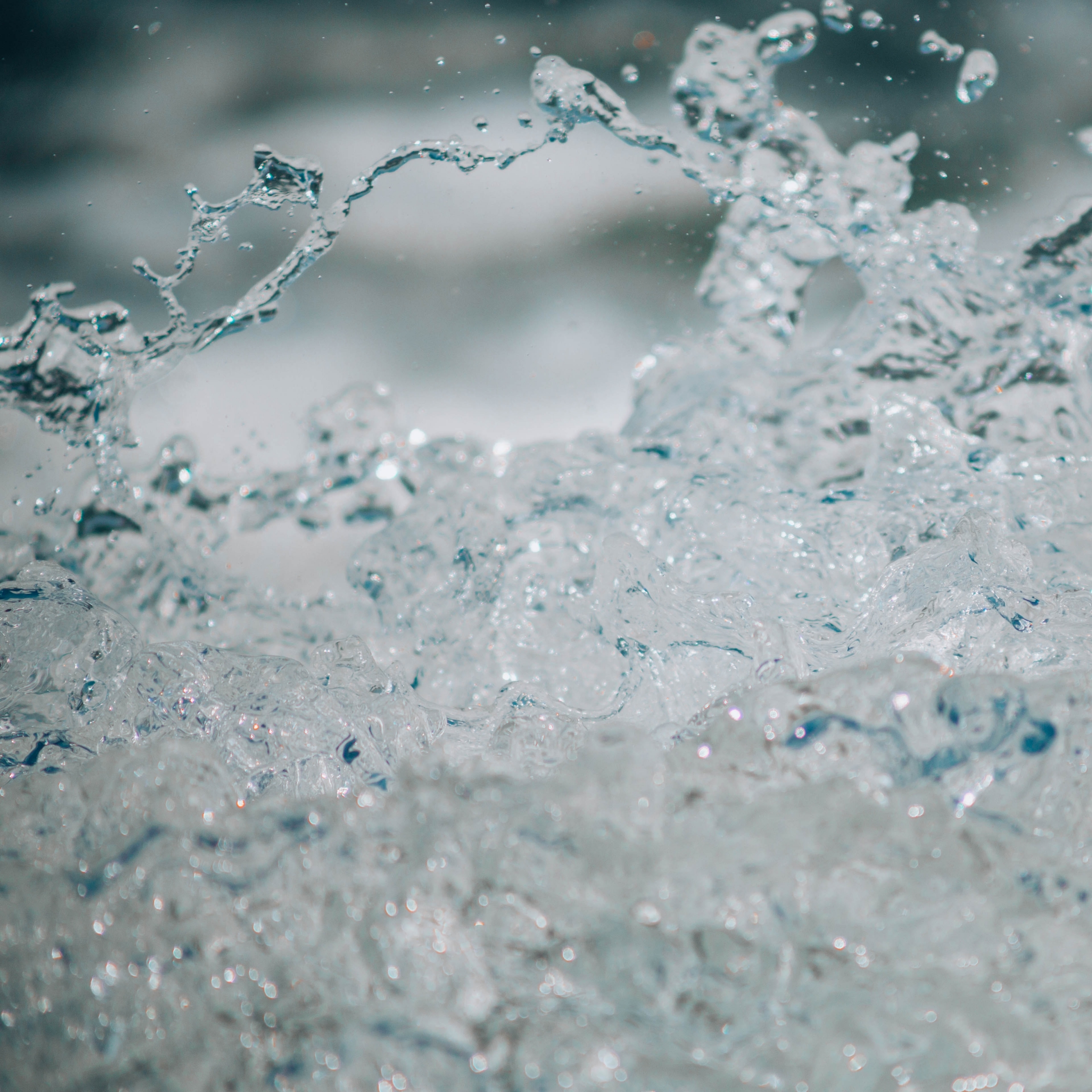This Winter has been Soooo Dry…
These stay-at-home vibes feel stale, for sure, but my skin is parched, y’all. I cannot catch-up with my hydration needs these days. And don’t even get me started on my hands! With the constant and necessary washing and sanitizing I must do at clinic, they’re about ready to crack.
But this is supposed to be the water season in Chinese medicine? How and why am I so dry?
Yes, the Kidneys are associated with the water element and winter. At this time of year, many of us are prone to being cold and we protect ourselves by eating warming foods, bundling up and regulating our body temperatures. This is because our Kidneys dislike being cold. Why? The Kidneys are responsible for metabolizing water in what we call the Lower Jiao or Lower Burner, which is kind of like the pelvic cavity. The Kidneys govern water and are responsible for transforming and transporting the water in our body for several physiological processes. They need to be nice and warm to do this; heat is transformative.
Think of the Kidneys as a gate in this lower jiao letting water in and out at the appropriate amounts to keep us hydrated and humming. If our Kidney’s yin or yang energy is not strong, this will directly affect this opening and closing, or metabolization of water; we may be too soggy or too dry. We can see this playing out with the Kidneys relationship to the Bladder. The Bladder stores urine and the Kidneys give the Bladder enough Qi (heat) to transform this water; either we pee it out or absorb it.
“The Kidneys loathe dryness”. Dry weather can injure the Kidneys yin, or its watery aspect. Very dry or artificial climates like central air and baseboard heating in winter can be dehydrating and damaging to our Kidney yin. A deficiency of Kidney yin can manifest as dry nose, mouth, throat, and skin. Some may experience the need to sip water or even sweat at night.
Since the Kidneys are the foundation of yin for all the organs, it is important that we make sure it stays nourished during our cold and dry February weather.
Here are some tips for sneaking more water into your life:
Hydrating Nutrition
· Aloe, cucumbers, celery, watermelon; generally, speaking most fruits and veggies have a high-water content
· Marine foods such as seaweeds, spirulina, chlorella, sardine, crab, and clams nourish Kidney yin
· Beans and seeds are also helpful, so make sure you add some tofu, black sesame seeds and black beans to your diet
· For the non-vegans out there, small amounts of dairy, fish, meat, and eggs can help to bolster your yin. But be careful, too much can be stagnating and damp-forming
· Try to eat your food in the form of soups, stews, and porridges to ensure some added hydration
· Too much caffeine or alcohol are infamous for depleting our water reserves, so be mindful
· There are some great Chinese herbal formulas that can address your underlying yin deficiency, but you need to seek out the guidance of a Traditional Chinese Medicine Practitioner for this one 😉
Techniques for drinking more water
· If you dislike the taste of water, try infusing it with citrus fruits, berries, cucumbers, mint, or caffeine-free herbal teas
· Drink your water at room temperature or warmer; remember, it’s winter and your Kidneys don’t like the cold
· There a many many free apps that will remind you to drink water. Question is, do you want yet another notification coming at you?
· If you’re like me, visual cues work best. Either purchase a water bottle with motivational sayings to remind you to drink water or the rubber band trick.
· Rubber Band Trick: Get a water bottle and take as many rubber bands as you need to hit your hydration goal; maybe you want to finish and refill your water bottle 3 times. Every time you empty your bottle, roll a rubber band to the bottom. Continue throughout the day until you’re out of bands.
Creating a solid moisture barrier for our skin
· Ensuring our skin is hydrated and healthy is important for sealing in our yin; abhyanga massage would be perfect for winter
· Use some plant oils rich in fatty acids such as rosehip, almond, sesame and jojoba just to name a few
· Beeswax, ceramides, and hyaluronic acid creates an excellent barrier against the wind and cold; look for these ingredients in your moisturizer
· Try to be as natural as possible – whatever goes on you, goes in you
Water is life, my friends. May your skin be forever dewy, and your elbows never ashy – here’s to you and your hydration!

